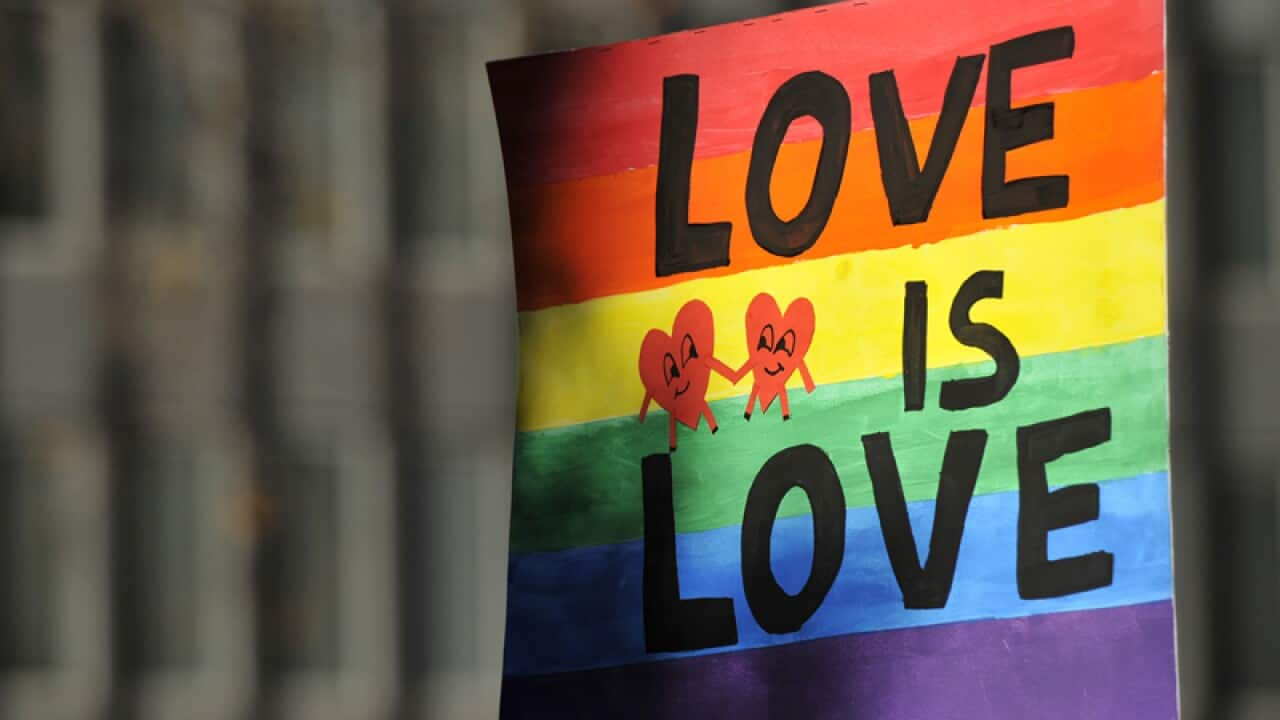New Zealand now boasts the queerest parliament in the world, with LGBTIQ+ members making up 10 per cent of its elected officials.
Prime Minister Jacinda Ardern , with the results indicating there are likely to be 12 openly lesbian, gay, bisexual, transgender and queer members in the country's 120-seat parliament, up from seven.
The eight queer MPs in the Labour Party are Grant Robertson, Louisa Wall, Meka Whaitiri, Tamati Coffey, Kiri Allan, Ayesha Verrall, Glen Bennett and Shanan Halbert.
The Greens will also increase their rainbow numbers, with Jan Logie, Chloe Swarbrick, Elizabeth Kerekere and Ricardo Menendez March serving as openly queer Greens MPs in the new parliament.
“Numbers do matter,” Ms Wall told AAP before the election.
“We have a critical mass with high visibility and we’re seen as valid. If we do end up being the most LGBTQI representative parliament in the world, that would be simply great.”
This gives New Zealand the highest rainbow representation in the world, surpassing the United Kingdom, which has seven per cent representation.
The National Party does not currently have any openly queer MPs in its parties.
"It is not something I'm particularly focused on, ensuring that we find someone who may or may not represent the LGBTI community," opposition leader Todd Muller told AAP in June.
"The key thing is that you have a party that has a track record of being open to the diversity of this country, as it is becoming increasingly so in terms of cultural, sexual orientation, perspectives on life."

New Zealand is now home to the queerest parliament in the world, with LGBTIQ+ members now making up 10 per cent of its elected officials Source: AAP
How does New Zealand compare to Australia?
New Zealand’s parliament has a progressive history when it comes to LGBTIQ+ rights.
The country legalised same-sex marriage in August 2013, with a 77-44 parliamentary vote. Then-prime minister John Key was among the bill’s supporters.
Prior to this, same-sex couples were granted civil unions in April 2005.
Same-sex marriage was legalised in Australia on 9 December 2017, following a voluntary nationwide postal vote survey derided as unnecessary and harmful by LGBTIQ+ activists and mental health organisations.
A 2019 research paper by the Australian Psychological Society found a correlation between negative media messages about same-sex marriage, and greater psychological distress. This included increased levels of depression, anxiety and stress.
Unlike Mr Key, Prime Minister Scott Morrison, who was then treasurer, abstained from voting during the historic event despite a 55 per cent majority of his Cook electorate endorsing same-sex marriage.



